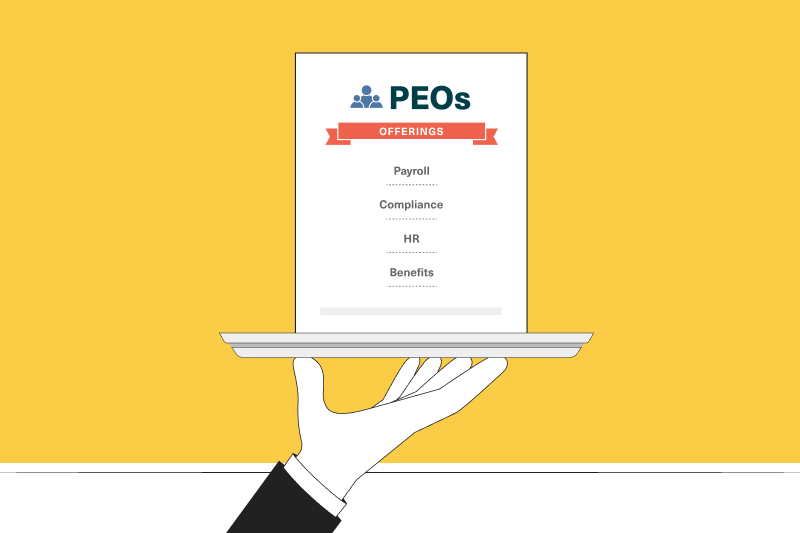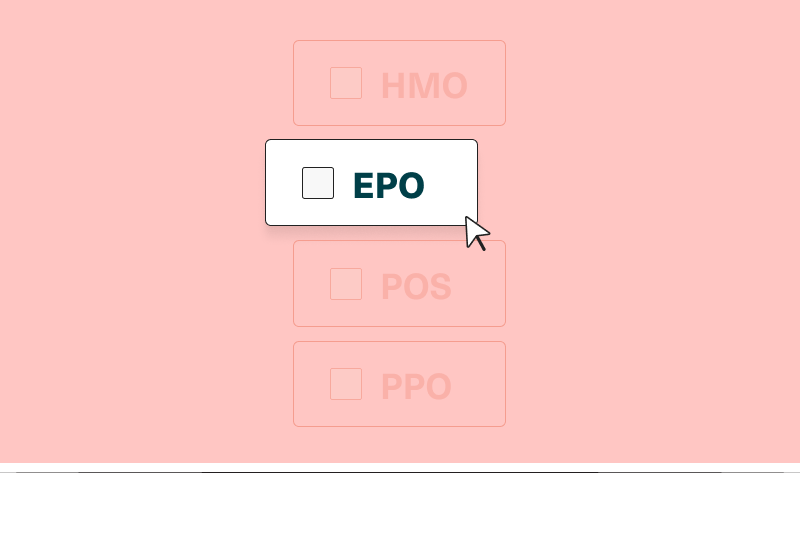Choosing the right group health insurance for startups

What is group health insurance for startups?
HealthCare.gov defines group health insurance plans as health coverage provided by business owners to eligible employees and their families. Specifically, group health insurance for startups covers medical care for participant employees and dependents on any newly-established organization.
People often use the terms “startup” and “small business” interchangeably. After all, any startup is a small business, especially at the beginning of its operation. Even though sometimes these companies can grow exponentially (as they do when they are a successful tech, venture-funded startup), the reality for many of them is that they maintain a low-headcount, profitable operation.
These smaller-scaled businesses are the ones who struggle the most when it comes to finding the proper healthcare benefit for their staff. Health insurance can be complicated and expensive, so choosing a plan is not an easy task.
Why choose a group health plan for startups?
Let’s take a closer look at some reasons to consider a good group health insurance for your startup. First, healthcare benefits are a giant magnet to attract new talent. A recent survey by the online recruiting firm, Glassdoor found that 48% of job seekers said that “attractive benefits” would drive them to apply to a particular role. Surprisingly, benefits were the number one driver, above salary, which came in at 46%.
A good healthcare plan will also help you retain your current employees, hence reducing turnover: an expensive metric you want to keep at a minimum. Retirement experts, ForUsAll, states, “Depending on the role you are replacing, turnover costs can range from uncomfortably high to truly shocking. A low-paying (traditionally high-turnover) job costs about 16% of the employee’s annual salary. This jumps to 20% for mid-range positions and skyrockets to over 213% for high-level executives.”
As a founder or CEO, you can do the math. Purchasing good group health insurance for startups may be less expensive for you in the long run versus losing a percentage of the employees you worked hard to recruit.
Lastly, a comprehensive health insurance plan allows your company to help employees receive quality care for illnesses and medical conditions and support their overall wellbeing, a key factor to reach record productivity.
“People with poor wellbeing can’t serve customers as well as the thriving — they’re less productive, less effective, less innovative, and less perceptive. They cost more to insure, they’re absent more often, less likely to be engaged, and have more safety and theft incidents. So, to put it briefly: If you care about your business’ wellbeing, you have to care about your employees’ wellbeing,” indicated a report by Gallup.
Related: Debunking common small business medical insurance myths
Fully-funded and self-funded plans
What should you look for in the health insurance market for your startup? In general, you will find two broad types of plans: Fully-funded and self-funded.
Fully-funded plans
A fully-funded plan is a health plan sponsored by an insurance company rather than an employer. A health insurance carrier holds your insurance policy, and your company pays a fixed monthly fee for the insurer to pay claims and administer benefits on behalf of your company.
Despite being a lower risk for your startup, these plans tend to be more expensive and less flexible for small businesses. More traditional carriers usually increase their rates each year and leave employers without control or even details on reasons for their fee increases. Without prior knowledge of rate hikes, budgeting can be budgeting a difficult task.
Self-funded plans
On the other hand, a self-funded plan is a health plan sponsored by an employer rather than an insurance company. In this case, the employer pays for the health claims based on the used healthcare. Although your business assumes the risk of paying for these claims, self-funded plans are generally more affordable because they cut unnecessary fees and taxes.
Within self-funded plans, level-funded plans are becoming increasingly popular among small business owners, as they mix the best of both worlds: You get to pay for what you use but with more predictability because there’s a cap on how much you spend.
What happens if the claims are high? The stop-loss insurance kicks in, so you are protected and never have to pay more than your expected premiums. If claims are low, you get reimbursed at the end of the plan year.
A self-funded plan is an excellent option for group health insurance for startups because it is reasonably easy for you to set up in just a few steps:
- Allocate a part of your budget to pay for health plans.
- Decide what percentage of employee premiums you are capable of paying.
- Estimate how many employees will use their health insurance and if coverage will only be for them or their dependents too.
- Listen to what your employees have to say regarding the cost of the portion of the plan they are willing to pay and the type of services they want to be covered.
Related: Healthcare for startups: Where to start
Why do self-funded plans cost less?
Self-funded plans can generate savings of up to 20%, but how? Here’s a breakdown of the most common unnecessary expenses that these plans cut:
- Tax savings on gross premiums – Up to 6% savings
- Administrative costs – Up to 10% savings
- Claims management – Up to 5% savings
- Underwriting – Up to 15% savings
Another way to save with self-funded plans is through the access you have to plan data. Understanding your plan usage, along with the financial benefits of more affordable fees, allows you to invest in wellness programs. These programs may reduce the number of claims, boost employees’ happiness, and increase retention rates.
Since you can see who is filing claims, the types of claims they’re filing, and how often, you obtain enough insight to improve the group health insurance for your startup and add more wellness perks to the overall benefits package.
You may detect trends and take actions, such as designing a mental health program, launching an internal campaign to prevent the incidence of diabetes, or creating incentives for employees to quit smoking.
As the previously cited article from Gallup states, “Millennials consider support for their wellbeing as one of the most important aspects of a job because they don’t see a sharp distinction between ‘life’ and ‘work’– so striving to support or amplify one element won’t be very effective. Your wellbeing initiatives must be comprehensive to cross-pollinate and succeed.”
Ask Questions
Whether you’re looking to switch insurers or starting your search from scratch, it’s essential to ask your candidate insurers the comprehensiveness of their plans.
Employees are looking for ways to save on medical services and hopefully on vision and dental care. But they are also looking for access to lifestyle and wellness-related services, such as those related to mental health and fitness.
With a self-funded plan, you can get a more cost-effective solution for your company and offer a more attractive option for your current staff and candidates. A health plan and a company culture supporting both their physical and mental wellbeing are worth the investment.
Sana makes it easy for your startup to get the health coverage it needs, with flexible plans with comprehensive benefits that will help you and your employees save money. Let us help you get started.






